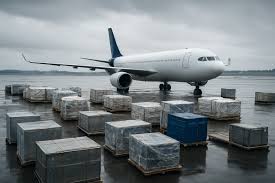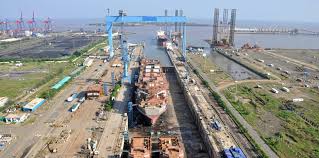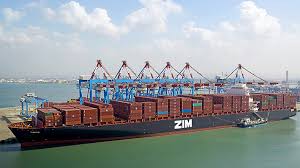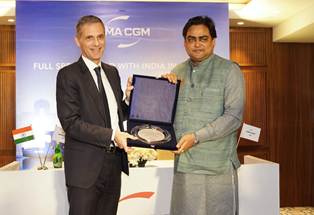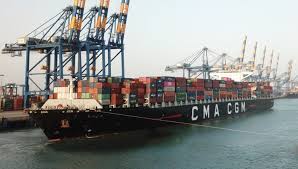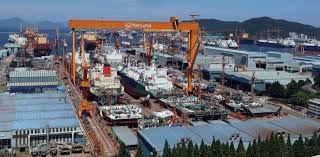India is to launch Bharat Container Line with 100 vessels, boosting global trade ties through IMEC and reducing reliance on foreign operators.
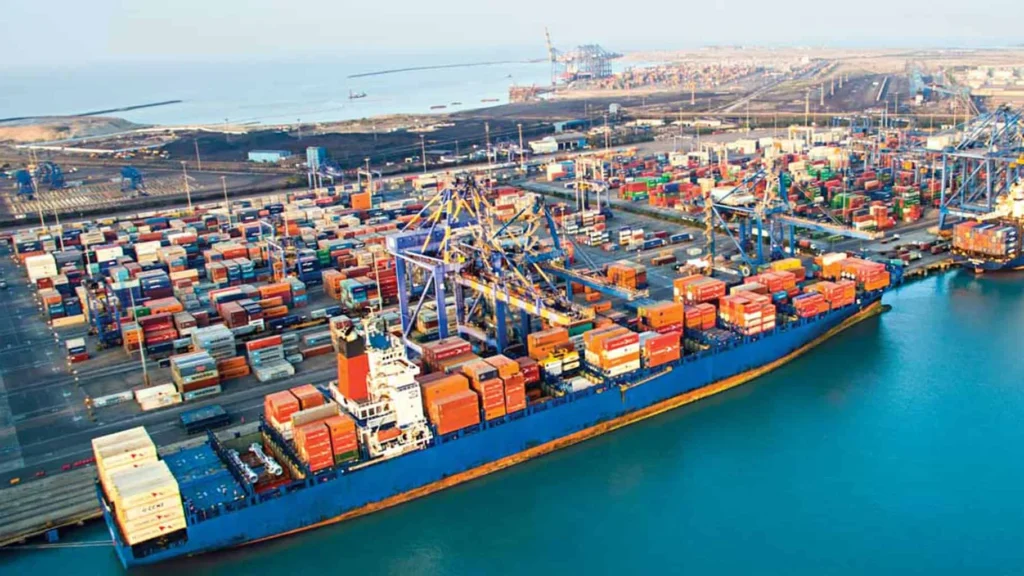
India has announced a strategic plan to launch a national container carrier, Bharat Container Line, as part of a broader maritime initiative aimed at enhancing global trade and reducing dependency on foreign shipping operators. This move aligns with Prime Minister Narendra Modi’s vision to strengthen economic ties through the India-Middle East-Europe Economic Corridor (IMEC), a key topic during his recent visit to CMA CGM’s headquarters in Marseille with French President Emmanuel Macron.
The plan envisions an initial fleet of 100 vessels targeting crucial trade routes, positioning India as a major player in international seaborne commerce. This development marks a significant leap from the current operations of the state-owned Shipping Corporation of India (SCI), which manages only four container ships. In contrast, industry leader Mediterranean Shipping Co. operates nearly 900 vessels globally.
During his visit, Prime Minister Modi emphasised the strategic importance of Marseille as a hub for Indo-Mediterranean trade under the IMEC framework. CMA CGM’s Chairman and CEO, Rodolphe Saadé,
expressed commitment to this vision, highlighting IMEC’s role in connecting economies, fostering sustainable growth, and shaping the future of global trade.
To support this maritime transformation, India announced the creation of a $3 billion Maritime
Development Fund aimed at boosting domestic shipbuilding capabilities and expanding port
infrastructure overseas. This initiative is seen as a strategic response to China’s expansive Belt and Road development and reflects India’s growing influence in global logistics and trade.
India’s maritime strategy gained further momentum as SCI entered into a strategic partnership with Bharat Petroleum Corp., enhancing its role in the transportation of petroleum products. This partnership is significant, considering India’s emergence as a key transshipment hub for diesel and aviation fuel refined from discounted Russian crude, following the European Union’s ban on Russian oil imports in 2022.
This shift in global trade dynamics was further influenced by recent U.S. sanctions on 160 Russian tanker vessels, known as the “dark fleet” due to their opaque ownership and use of deceptive practices to bypass international restrictions. These sanctions have led to a complex trade landscape, with some vessels successfully reaching ports in China and India by disabling satellite tracking systems. India’s ambitious maritime strategy not only strengthens its trade routes but also enhances its geopolitical standing amid changing global alliances and economic shifts, positioning the country as a crucial player in international commerce.
(Source: WCN)

